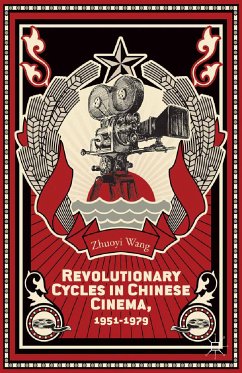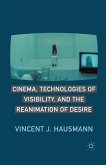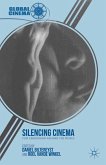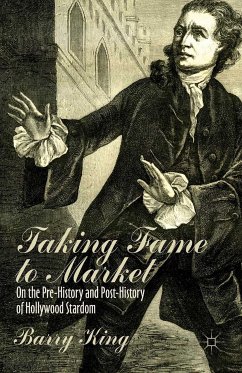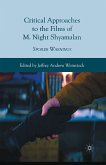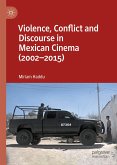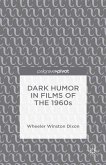Dieser Download kann aus rechtlichen Gründen nur mit Rechnungsadresse in A, B, BG, CY, CZ, D, DK, EW, E, FIN, F, GR, HR, H, IRL, I, LT, L, LR, M, NL, PL, P, R, S, SLO, SK ausgeliefert werden.
"A meticulous analysis of micro-level maneuvering by bureaucrats, artists, and critics, Revolutionary Cycles in Chinese Cinema demonstrates that Chinese socialist revolution was never a unilinear teleological progression but rather a rapid succession of cycles marked by disruptions and assumptions of order with consequences oftentimes beyond anybody's anticipation and control. Wang is commended for probing beneath the deceptive surface of revolutionary rhetoric and revealing quandaries and ruptures that repeatedly compromised revolutionary and artistic goals. " - Yingjin Zhang, Professor of Literature, University of California, San Diego, USA and author of Cinema, Space, and Polylocality in a Globalizing China (2010).
"This concise and incisive book makes an important intervention into the study of Chinese film history. . . Rather than focusing on the films alone or the policies and production practices that shape them, Wang draws on Rick Altman's insights about film genres to emphasize what he calls a 'user-centred' approach. He examines how different social and political groups use films for their own purposes, and how this shapes both their production and reception. The result is not only a livelier and more engaging picture of
Chinese revolutionary era film history but also a model for conducting this new kind of film history. . . [It] is exemplary and merits wide attention." - Viewfinder
"Wang is to be commended for making a daring move into uncharted territory and providing a much-needed comprehensive history of Chinese cinema during the Mao era. He has made an important intervention and expanded our vocabulary in discussing the production, distribution, and reception of films that are different from and yet similar to those produced in a capitalist system." - Modern Chinese Literature and Culture

